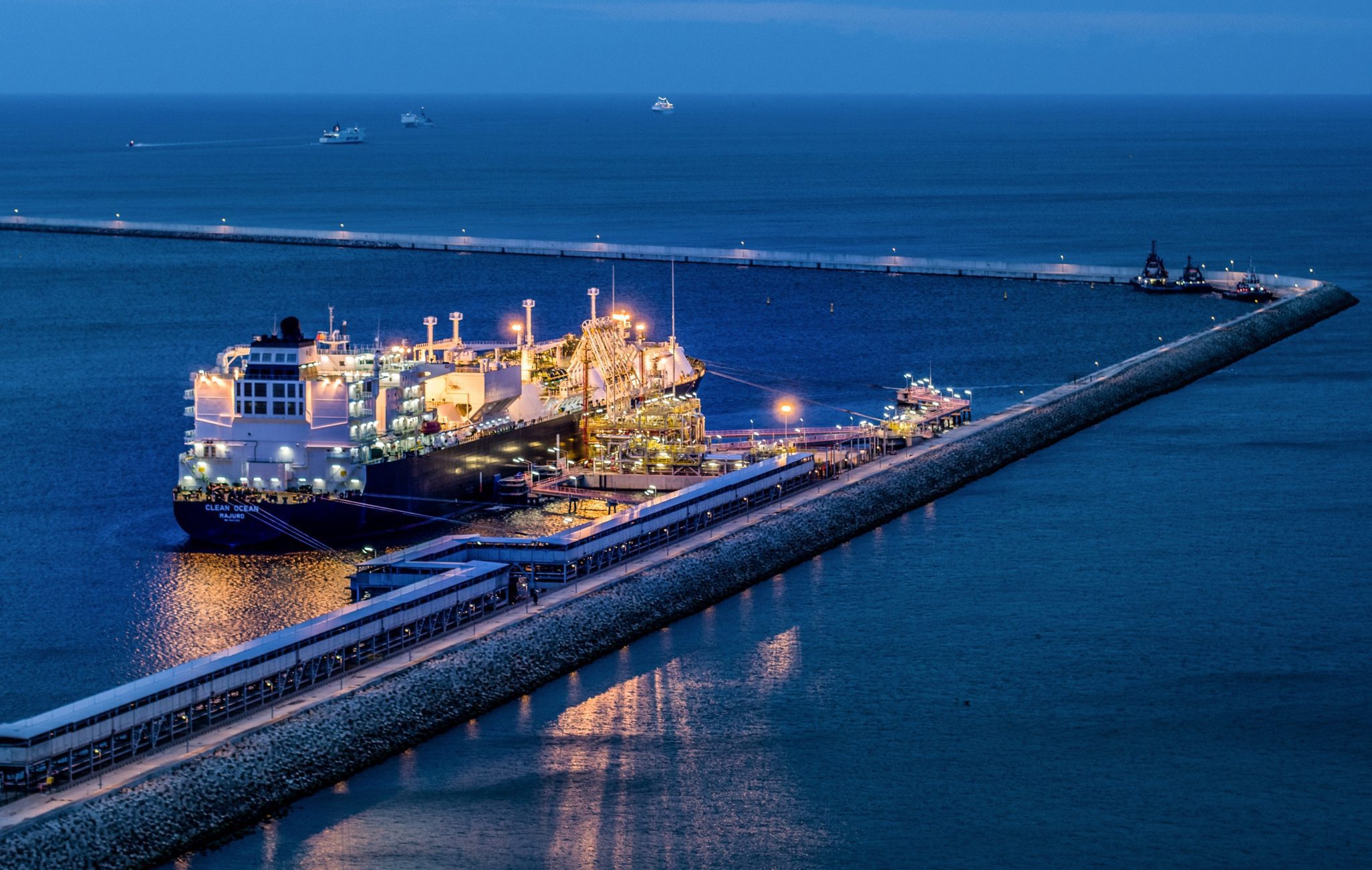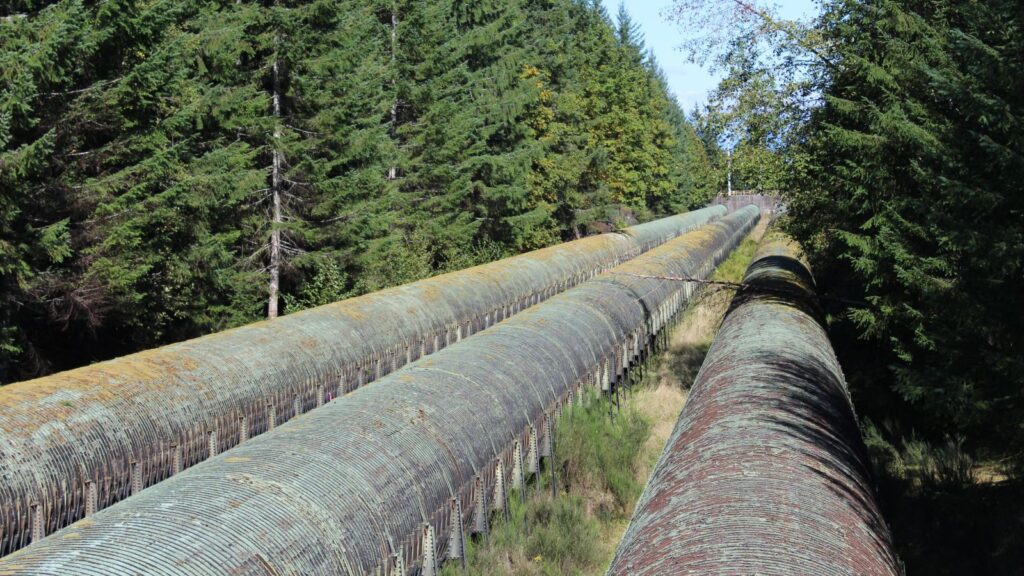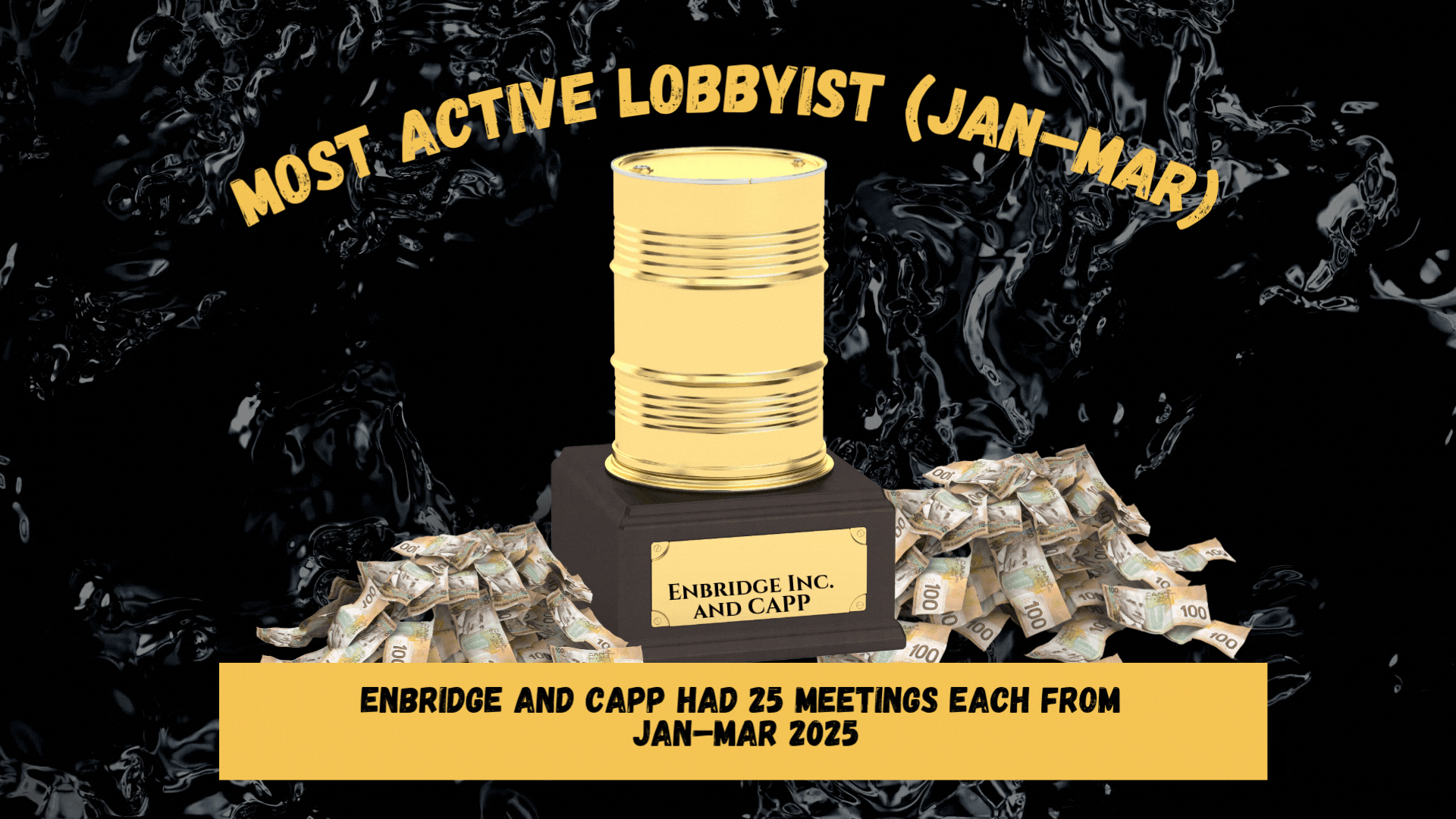Co-written with Aly Hyder Ali, Program Manager, Oil and Gas
What has prevented Canada from meeting its emission reduction targets? And why does it matter? These are the questions David Knight Legg, a former advisor to Jason Kenney, raises in a recent Globe and Mail op-ed. These are worthwhile questions, but Legg’s answer is a call for more fossil fuels. This is misguided and dangerous. It also shows how fossil fuel industry boosters are grasping at straws. Let’s set the record straight.
The biggest obstacle standing in the way of Canada meeting its emissions reduction targets is the fossil fuel industry. For decades, the industry worked hard to deny climate change, and then to delay climate action.
But, despite some regulations being proposed, including an oil and gas emissions cap, this industry has been very successful at convincing government officials of a dangerous lie. The answer to climate change, Legg and others argue, is the same as the cause of climate change: fossil fuels. This is despite the fact that the global consensus from experts is that the world can’t afford any increased production of fossil fuels if we are to have a chance at keeping global average temperatures to 1.5 degrees Celsius.
One of Legg’s outrageous claims in particular must be dispelled. He tries to convince us that shipping Canadian fossil gas to China to be burned there can somehow make Canada carbon neutral. This is based on a complete misunderstanding of carbon neutrality, and a preposterous thought experiment in which China’s only energy options are one mix of fossil fuels, or a different mix. But let’s be clear: new fossil gas power is still a net addition of carbon pollution.
Legg omits a third scenario, one where fossil gas isn’t pushed on China, and instead renewables add capacity. That would mean a slowing of emissions growth, and hopefully soon a real decline. This shift is already well underway, though is hindered when the market is awash in either coal or fossil gas.
As former Canadian Environment Minister Catherine McKenna said at COP27, any investment in new fossil fuel production is not in line with net zero. Legg’s push for more fossil gas is greenwashing. Plain and simple.
Several credible studies indicate that gas may be as bad for the climate as coal. This is due to the very high release of the potent greenhouse gas methane along the process. Methane is emitted in the fracking process, as well as in the production and transportation of liquified natural gas (LNG). Alberta in particular has done an abysmal job tracking and controlling methane emissions from the oil and gas industry, with researchers indicating the Canadian industry significantly under-reports its true methane emissions. Canadian gas is not “clean.”
What is truly holding Canada back is a lack of action. We can greatly reduce our domestic emissions. Canada is the highest per capita emitter of greenhouse gasses on Earth. But Canadian winters are not the main driver of emissions. The industry-crafted societal reliance on fossil fuels, along with structural inefficiencies, like lack of quality public transit, are.
Meanwhile, there is an alternative to the polluting fossil fuels that Canada can take advantage of. The world is moving towards clean sources of energy; In 2021, 86% of the new power capacity that was installed came from renewable energy. The UAE and Egypt have agreed to build one of the world’s largest wind farms that would save Egypt approximately $5 billion. And at COP 27, more than 80 countries spoke up in support for an equitable phase out of oil, gas and coal.
Yet, the Government of Canada continues to finance unproven, false solutions like carbon capture, utilization and storage (CCUS), which has a long-standing history of failure, and “blue hydrogen”, more accurately known as fossil hydrogen, which has a greenhouse gas footprint that is actually worse than fossil fuels due to fugitive methane emissions.
Canada needs more than talk of climate action and targets. The Government of Canada needs to back up their claims of climate leadership with actions that are aligned with the emission reductions goals in the Paris Agreement. It is past time that the federal government stand up to the industry and not be swayed by their lobbyists when developing climate policy.
The one thing Legg is correct about is that Canada has a role to play on climate action internationally. However, to have the credibility to be a leader on global climate action, Canada needs to address its own pollution first. This can only be done through implementing policy that reduces emissions and having a just transition away from fossil fuels towards clean, renewable sources of energy, and good jobs for everyone.








